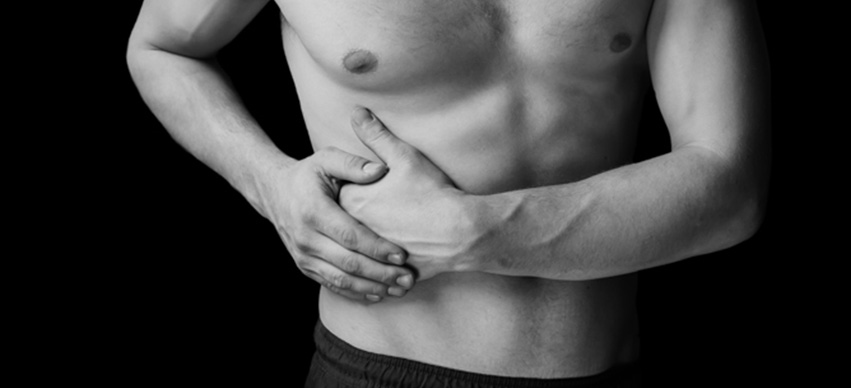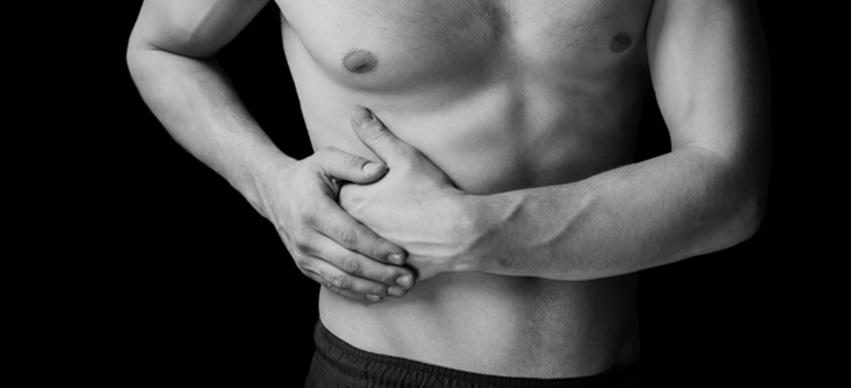Nanoparticle Therapy – An Emerging Cancer Treatment
5 Min Read


Read on to find do you really need surgery!
The gallbladder is a little sac that stores bile which is produced from liver. It releases the stored bile via the cystic duct, into the intestine which helps to help break down the fatty food you consume.
Gallstones also known as "Cholelithiasis" is a condition in which small stones, or sometimes larger ones, form inside the gallbladder.
But the good part is that around 90 percent of people with gallstones would have no symptoms.So, if it is asymptomatic, no intervention is required.
Traditionally there were 4 "F" known to predispose for Cholelithiaisis that is Fatty, Fertile, Female of Forty years.However, now a days any one can have them irrespective of these 4 “Fâ€
So, I always say, that if your gall stones are not saying anything to you, you should not sayany thing to them!! It means, if the gall stones are silent, you should also be silent.
In case you have symptoms, then yes an intervention is required. The symptoms can range from constant pain abdomen, belching , acid reflux to very troublesome symptoms of Biliary Colic in which the gallbladder contracts vigorously against the blockage, causing the spasmodic pain.
Another common condition of Gall Bladder is Cholecystitis that is the inflammation of the Gall Bladder, that also requires consideration for intervention.
Now the question is that does every gall bladder carrying stones require surgery??
Answer is “NOâ€.
So, next question is who requires surgery??
Whenever you see your doctor for such spasmodic pains or Cholecystitis, he evaluates you with a series of questions and investigations. So, first of all let’s understand that what are the indications for removal of gall bladder (Cholecystectomy).
How many episodes of acute pain abdomen you had since you were diagnosed as having gall stones?
If your answer is multiple episodes – Surgical removal is indicated.
If your answer is just a single episode, then you would be kept under observation and if no other indication for gall bladder removal is there, then it’s not an absolute indication for surgery.
Any history of jaundice?
If your answer is yes, and the jaundice was or is due to Obstructive bile duct disease then surgical removal of gall bladder is indicated.
Any history of Pancreatitis?
If yes, surgical removal is indicated.
Based on these question and answers, he will evaluate you reports and if there is any indication of gall bladder removal, he will advise you for that.
Most of the people live a normal life after gall bladder removal. In few people symptoms may persist after the removal of gall bladder known as Post Cholecystectomy Syndrome (PCS). PCS is said to affect about 10-15% of patients.
The hospital stay after laparoscopic surgery is shorter than after open surgery. In Laparoscopic surgery, patient can be discharged the same day or the next day, while open surgery requires 5-7 days of admission.
After the removal of the gallbladder, some people experience diarrhea, which usually improves over time. The National Health Service in the UK recommends avoiding fatty foods, including dairy products because they can worsen diarrhea.